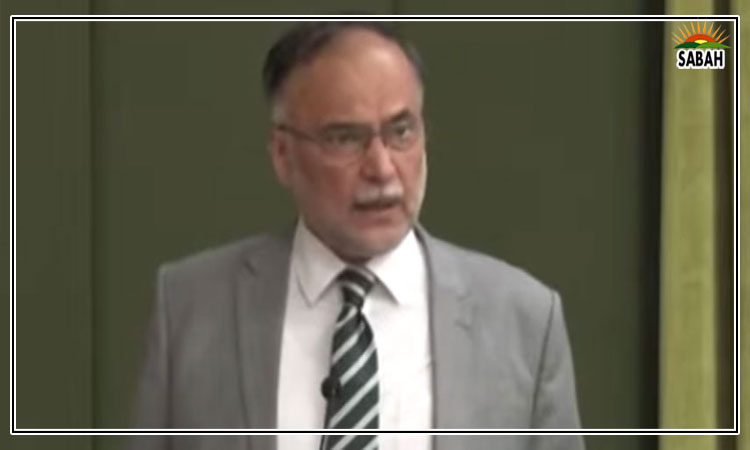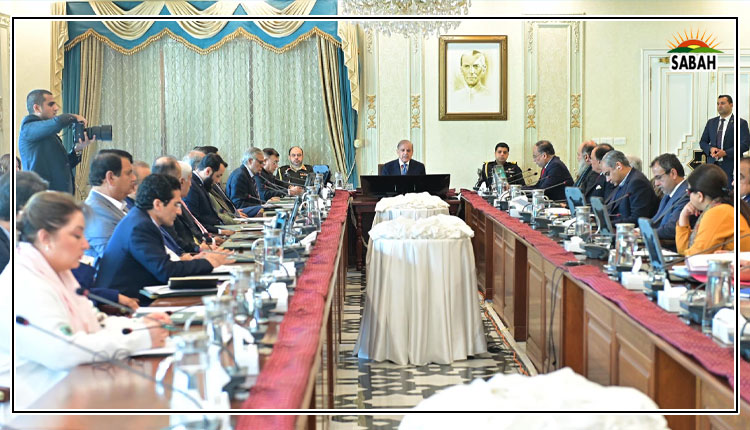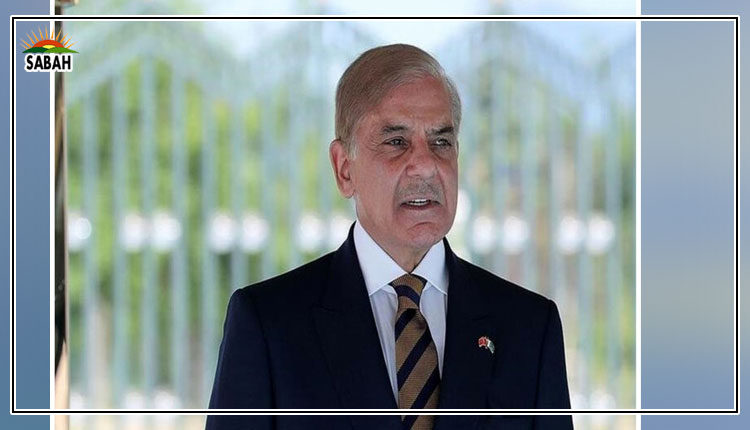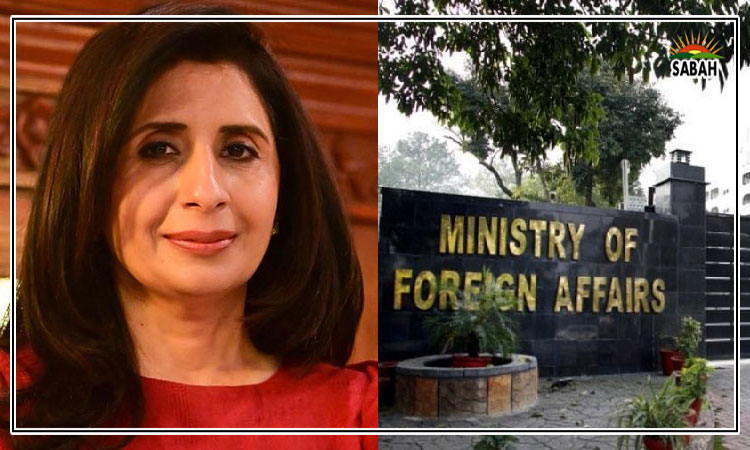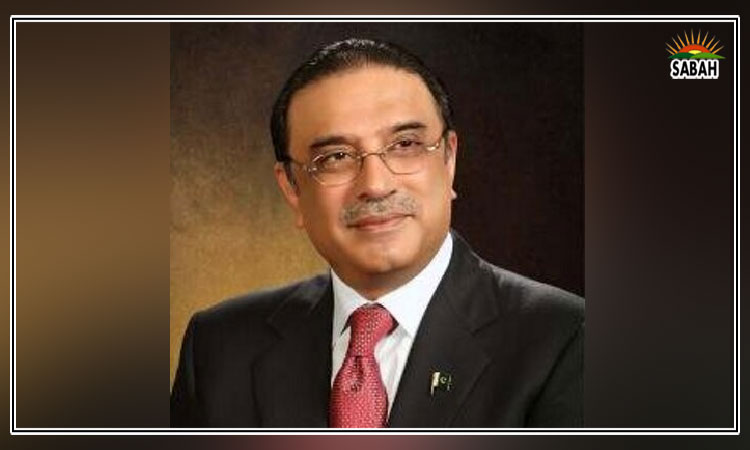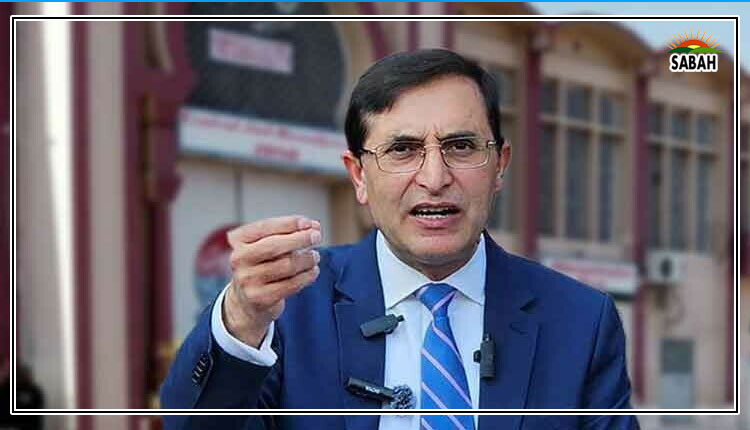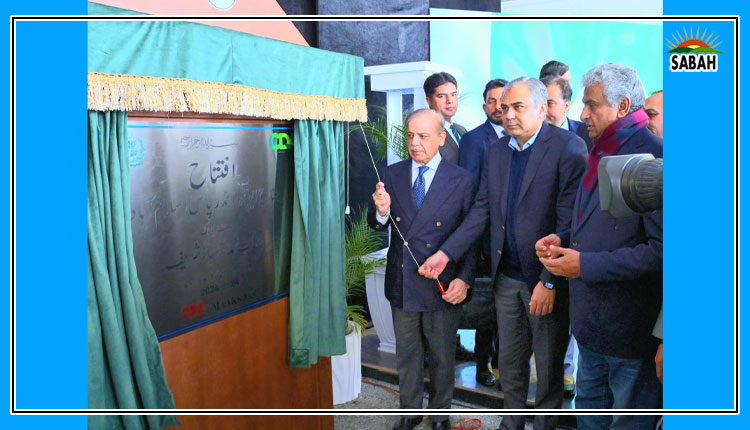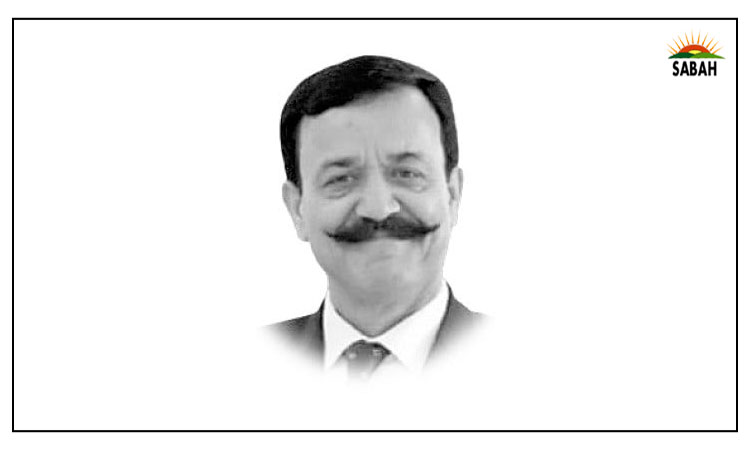Rising armed resistance in Afghanistan ۔۔۔۔Masud Khan
Taliban 2.0 has failed to bring peace to Afghanistan. It has rather plunged the country into more chaos and uncertainty. There is a trust deficit between the Kabul-based Taliban leadership led by Haqqani and the Taliban leadership based in Kandahar.
Afghanistan has become a hotbed of terrorist organisations like Tehrik-e-Taliban Pakistan (TTP), Al-Qaeda Core, Al-Qaeda in Subcontinent (AQIS), Eastern Turkistan Islamic Movement (ETIM), Islamic Movement of Uzbekistan (IMU), Tehrik-e-Taliban Tajkistan (TTT) and Islamic State of Khorasan (IS-K). These terrorist outfits are posing a serious threat to Pakistan and the region, and beyond. TTP is carrying out cross-border attacks into Pakistan from their safe havens in Afghanistan. IS-K is a threat to Afghanistan itself, besides being a global threat. The Moscow concert attack in March shows its reach.
Despite the commitments made in Doha Accord and to SCO and regional countries, there is no change in the Taliban’s attitude. They have failed to establish an inclusive government, with representation from other ethnic communities like Tajiks, Uzbeks, Turkmens and Baloch. The UNHRC and the US State Department have shown concern in their reports on human rights violations in Afghanistan like on girls education, women’s jobs and discrimination against other ethnic communities.
Lately, there has been sudden rise of resistance against the Taliban regime in northern Afghanistan, the stronghold of former Northern Alliance (that was led by Ahmad Shah Massoud) now called the National Resistance Front (NRF) under his son, Ahmed Massoud. The Tajiks are the largest ethnic community – 27% of the Afghan population – after Pashtuns. They speak Darri, a variant of Persian. Ahmad Shah Massoud fought the former Soviet Union Army from 1979 to 1989 and Taliban militia from 1996 to 2001 under the banner of Northern Alliance comprising Uzbeks, Tajiks and Hazaras. This time his son Ahmad Massoud has taken over resistance movement under the NRF banner. He has raised a force comprising former Afghan Army personnel and ethnic Tajiks, Hazaras and Uzbeks. This 4,000-strong force is using hit-and-run tactics.
In a recent interview to The Spectator, Ahmad Massoud said: “The Taliban do not enjoy the support of the mass of the people. We do.” He added: “I’m 100% sure I can topple the Taliban.”
The resistance in the North has also been joined by Andarab Resistance Front of Baghlan province and also by Afghanistan Freedom Front. Another group named the People’s Power Front has pledged to continue their resistance against the Taliban regime for the establishment of an inclusive government. The resistance in the North is reported in the provinces of Panjshir, Kapisa, Baghlan, Badakhshan, Takkar and Parwan.
In another development, a Tajik Taliban commander Abdul Hamid Khorasani and his faction who fought alongside Taliban against the Ghani Government has defected. The defection came after violent protests in Badakhshan province which resulted in the death of three Tajik people.
Uzbeks, another ethnic community which constitute 9% of the population, are struggling under the NRF umbrella. In a recent interview, Abdul Rasheed Dostam, an Uzbek warlord and a former vice president of Afghanistan, said if the US supported him politically, the Taliban’s chapter would be finished within 24 hours. “I will be back in Afghanistan standing on a hilltop.”
Another important ethnic community is Hazara which is 9% of the Afghan population. Hazaras have a long history of discrimination, lately subjected to systematic persecution. They reside in Hazarajat region of Central Afghanistan mainly in Bamyan and Daikundi as well as in Ghazni, Uruzgan, Wardak, Parwan, Baghlan and Sar-e-Pul. A former Hazara Taliban commander Mehdi Mujahid was killed when he severed ties with the Taliban. Hazaras are also part of the NRF.
What poses a real threat to the Taliban regime is IS-K, followed by NRF which is gaining strength by the day. The armed resistance, presence of terror outfits, threat of IS-K and differences between Kandahari Taliban and Kabuli Taliban are feared to cause split within the Taliban ranks at some stage.
Courtesy The Express Tribune, June 1st, 2024.



